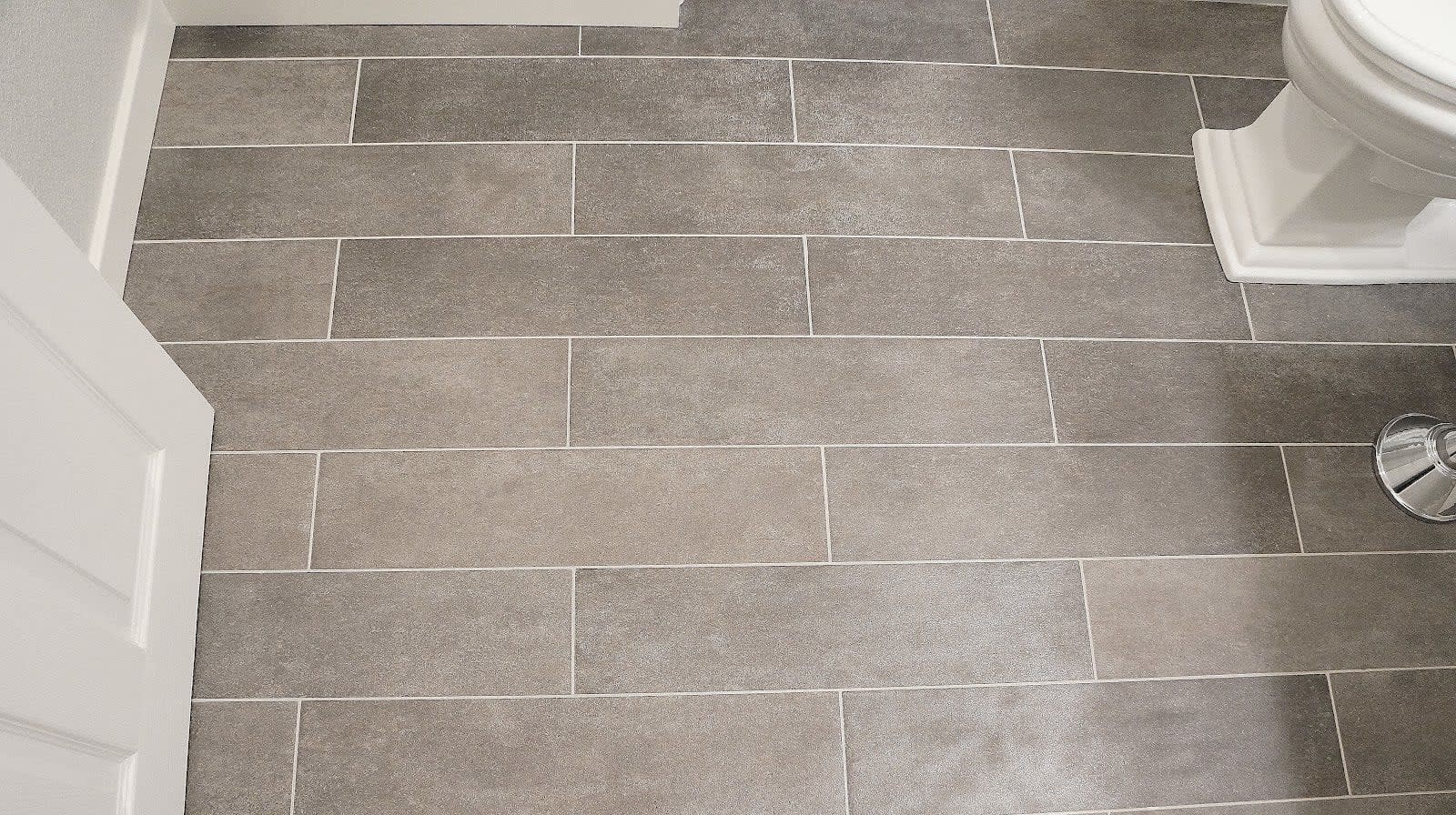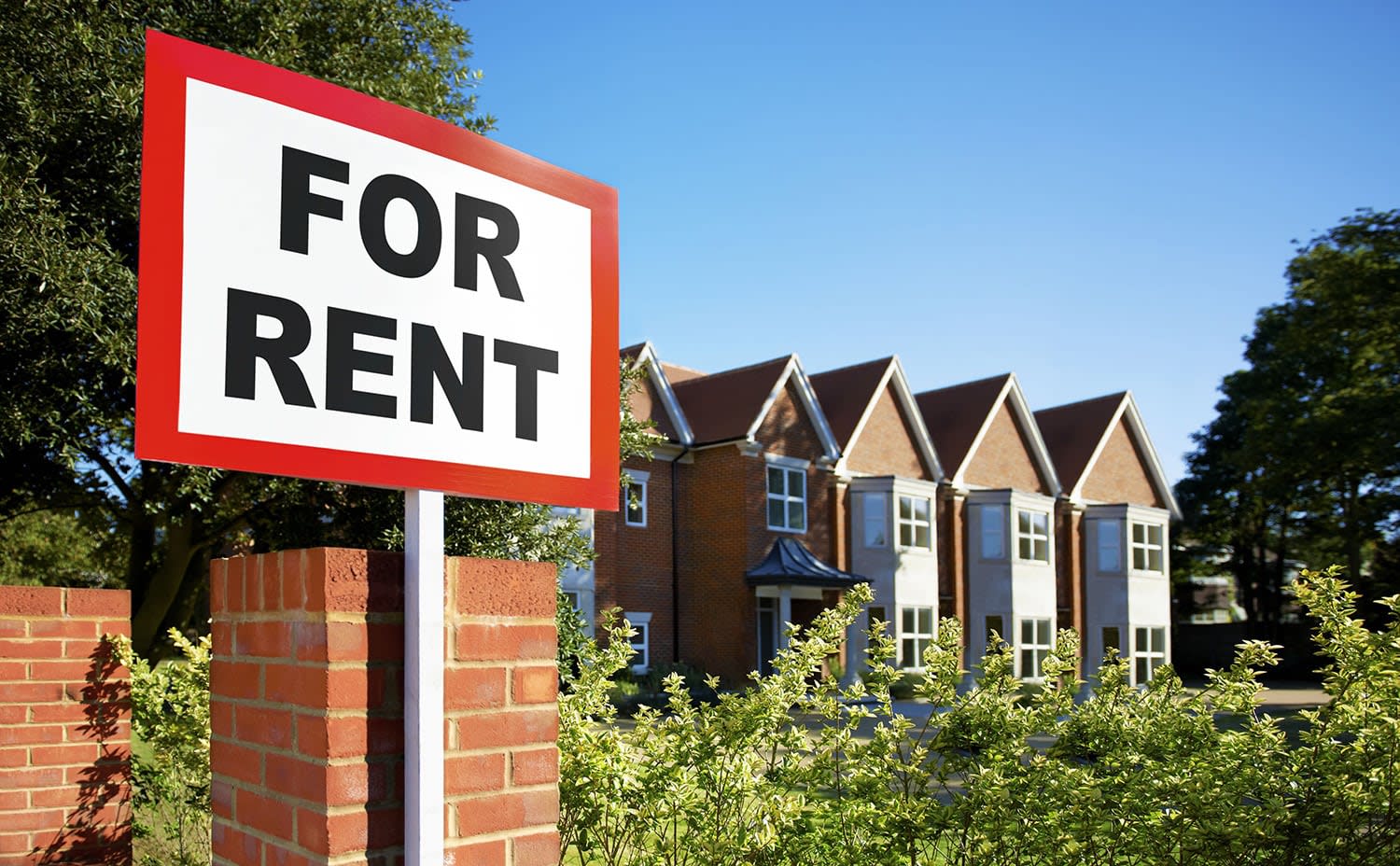Hidden Mortgage Costs to Check for in Maryland

Selling your house is easy since we buy houses for cash in Maryland. However, the stress of buying a home is widely considered one of the biggest stresses for anyone. Considering that for most people it is the most expensive thing they will ever buy, this is not surprising. Ensure you’re are aware of all the hidden costs involved.
Home Inspections
The offer is accepted, in your mind you have already moved in and planned which room will be the nursery or which color you will paint the living room walls. But before you can even think about that, you will need to schedule an inspection, depending on how thorough you want to be (and since it is such a big commitment we would recommend that you get as thorough as you can). You could go for a general inspection but can also stretch to a termite inspection, which will give you a good indicator of the condition of the property. The timeline can depend on if you are selling your house fast. These can cost a few hundred dollars and of course with each added inspection, the cost will rise – it could end up helping you dodge a bullet.
Although not compulsory it is advisable to do so, you can request to see any reports that may have caused a previous buyer to pull out but this is only legally binding in some states.
Closing
Once you have had an accepted offer, whoever you arrange your mortgage through should be able to provide you with a breakdown of the costs that are coming your way. These can include lenders fees can range from admin fees to the transfer of funds. Appraisals can cost you a few hundred dollars so don’t be surprised by this. Depending on state there can be a government filing fee, notary fee and any other fees that come with transferring the deeds.
Post Sale
There are still costs to consider that you may not have had previously if this is your first home. Even for those exchanging on their next mortgage these costs will still have to be factored into your budget. Obviously your monthly payment is your biggest cost, but you will also need to pay taxes and insurance. Mortgage insurance is often applicable if your deposit is below 20% so check for this – it can be up to 1% of your loan. The area you live in and value of your property will determine just what you will pay for insurance.
Repairs
Now that you own the property, the upkeep and maintenance is your responsibility – burst pipe, you can no longer call your landlord, boiler breaks – it hits your pocket. It is best to not enter into a mortgage that will choke you of all your funds. Keep a safety net aside and not just for aesthetic work.
So, you have been warned, the cost of buying a house was always going to be more than the price of the property – of course there is also the interest added but this should be something you are expecting. The best thing you can do to protect yourself against an unwanted surprise is ensure you have saved over what you think you need.
Remember, if you need to sell your house, we buy houses for cash in Maryland.






